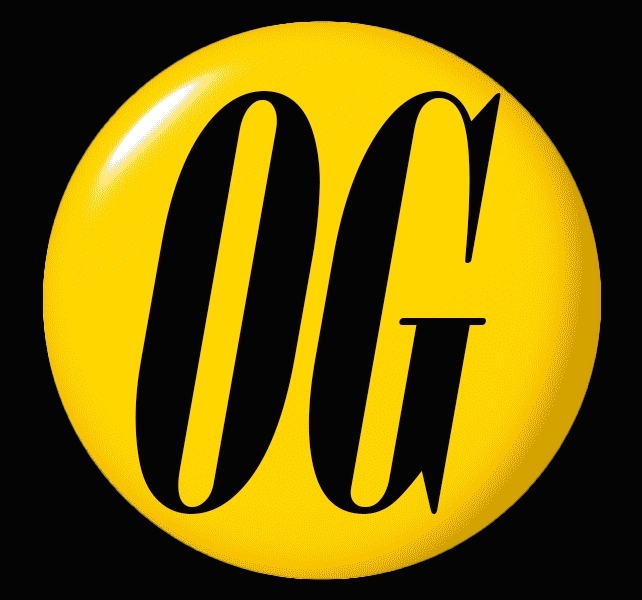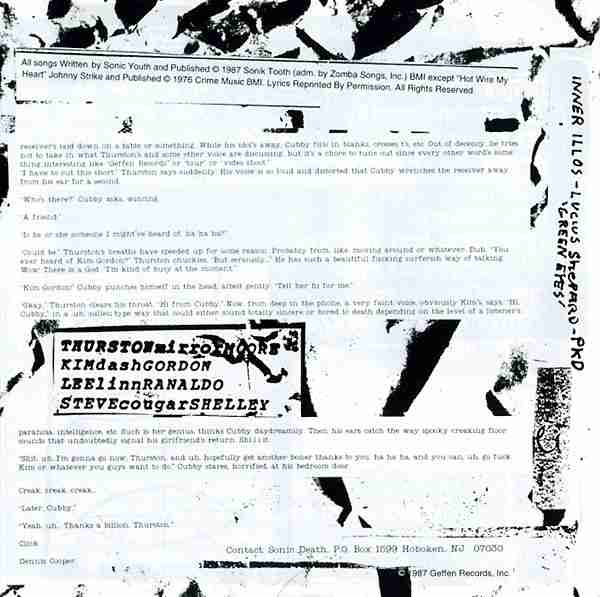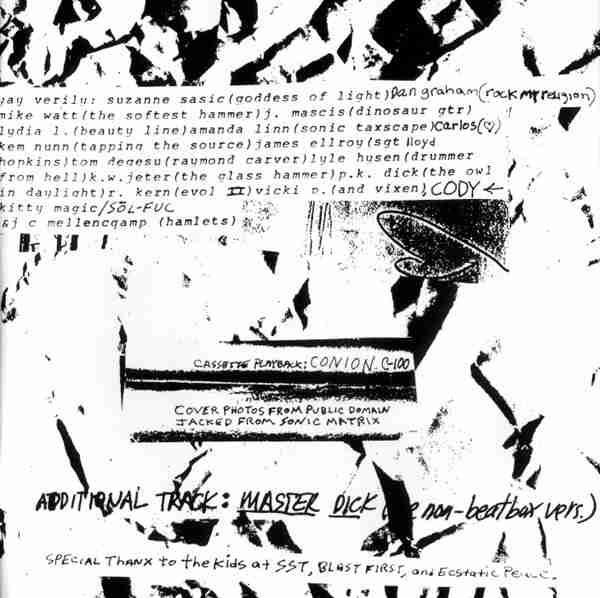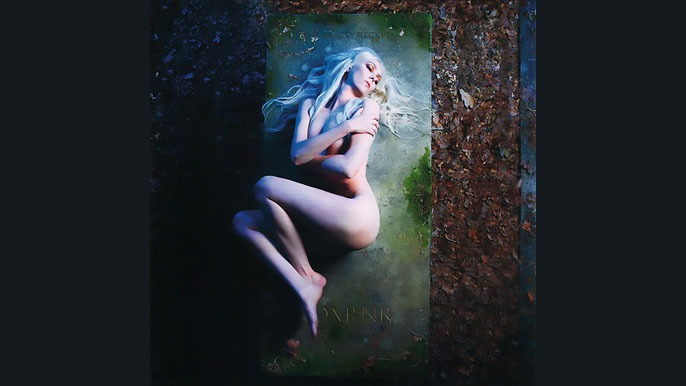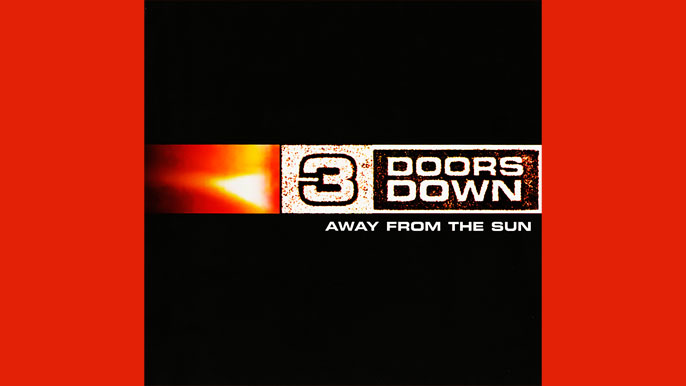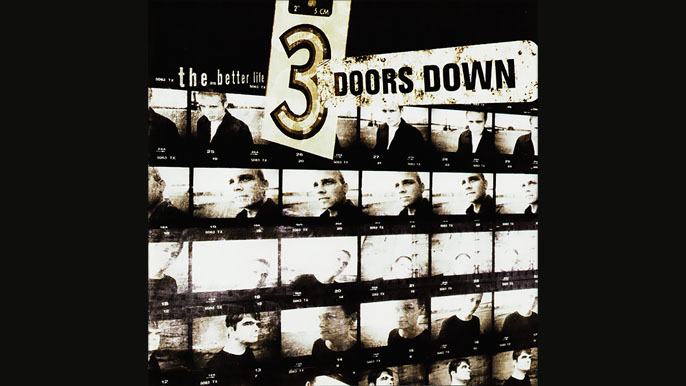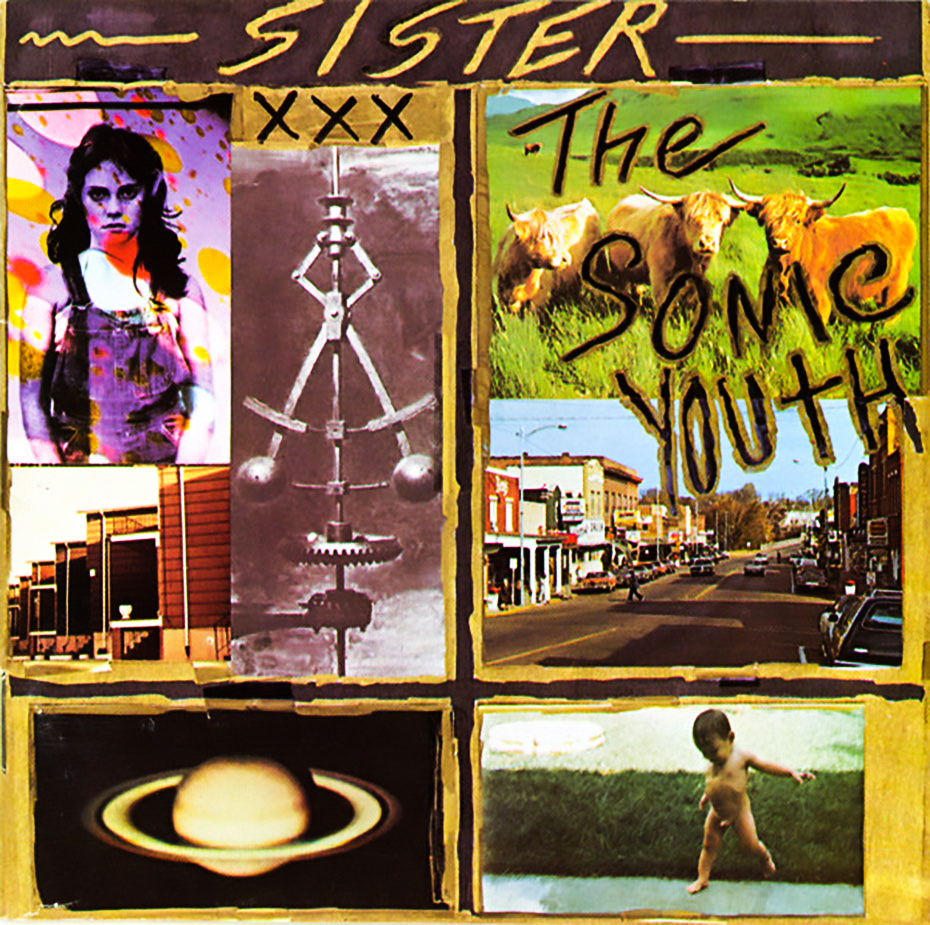
Sister is the fourth studio album by Sonic Youth. It was released in June 1,1987 by SST Records. The album furthered the band’s move away from the no wave genre towards more traditional song structures, while maintaining an aggressively experimental approach. Like Sonic Youth‘s previous records, Sister was not successful at the time of its release. In the years following, however, it received much critical praise, with several publications naming it as one of the best albums of the 1980s.
Sister was recorded in March and April 1987 with Walter Sear at Sear Sound, entirely on analog tube equipment, giving it its characteristic “warm”, vintage feel. Sister is a loose concept album (like its follow-up Daydream Nation). Sister was in part inspired by the life and works of science fiction writer Philip K. Dick. The original titles for the album were Kitty Magic, Humpy Pumpy and Sol-Fuc, but it was named Sister as a reference to Dick’s fraternal twin, who died shortly after her birth, and whose memory haunted Dick his entire life. Sister was also the original title for Schizophrenia, and Thurston Moore often introduced it as Sister.
The artwork of the original front cover contained a photograph of 12-year-old Sandra Bennett, taken by Richard Avedon on August 23, 1980, but it was censored for later releases after a threat of a lawsuit. At first the picture was merely covered up with a black sticker, but on later pressings it was removed, only showing a black area. Similarly, a photo of Disney‘s Magic Kingdom on the back cover was later obscured by a Universal Product Code. Very early promotional posters and pressings of the album did feature these photos, but later ones did not.
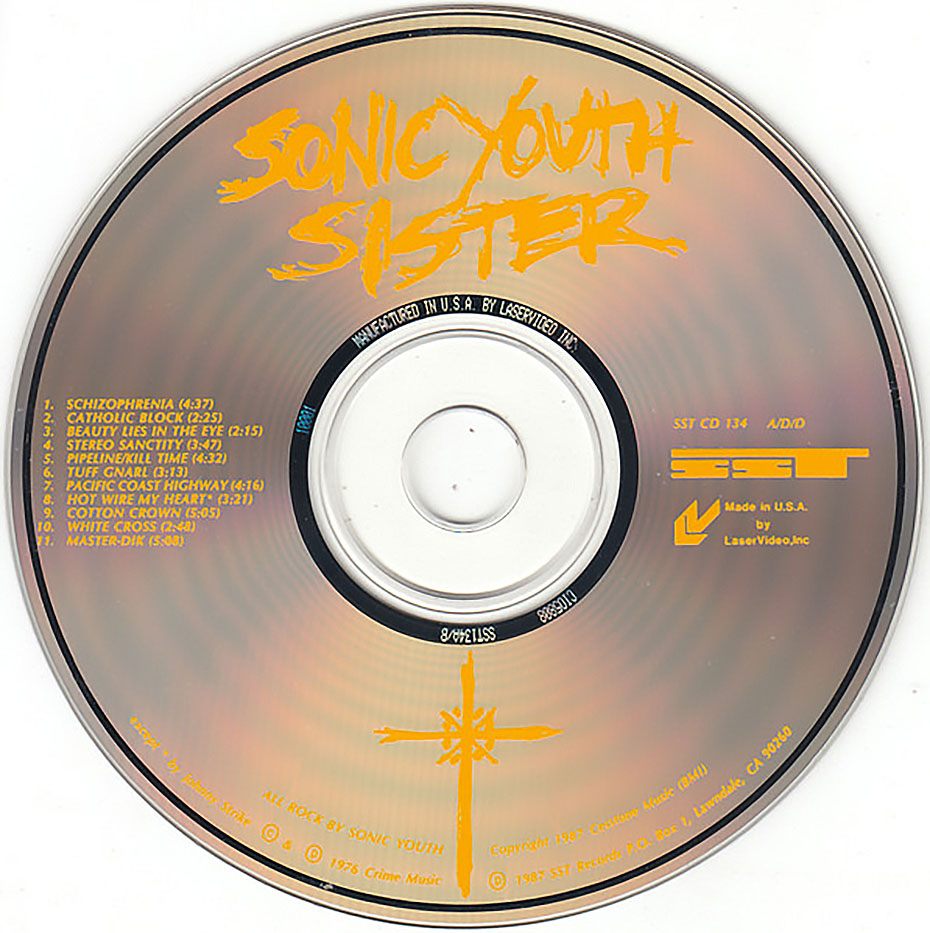
Tracklist:
- Schizophrenia
- (I Got A) Catholic Block
- Beauty Lies in the Eye
- Stereo Sanctity
- Pipeline/Kill Time
- Tuff Gnarl
- Pacific Coast Highway
- Hot Wire My Heart (Crime cover)
- Kotton Krown
- White Kross
CD bonus track - Master=Dik
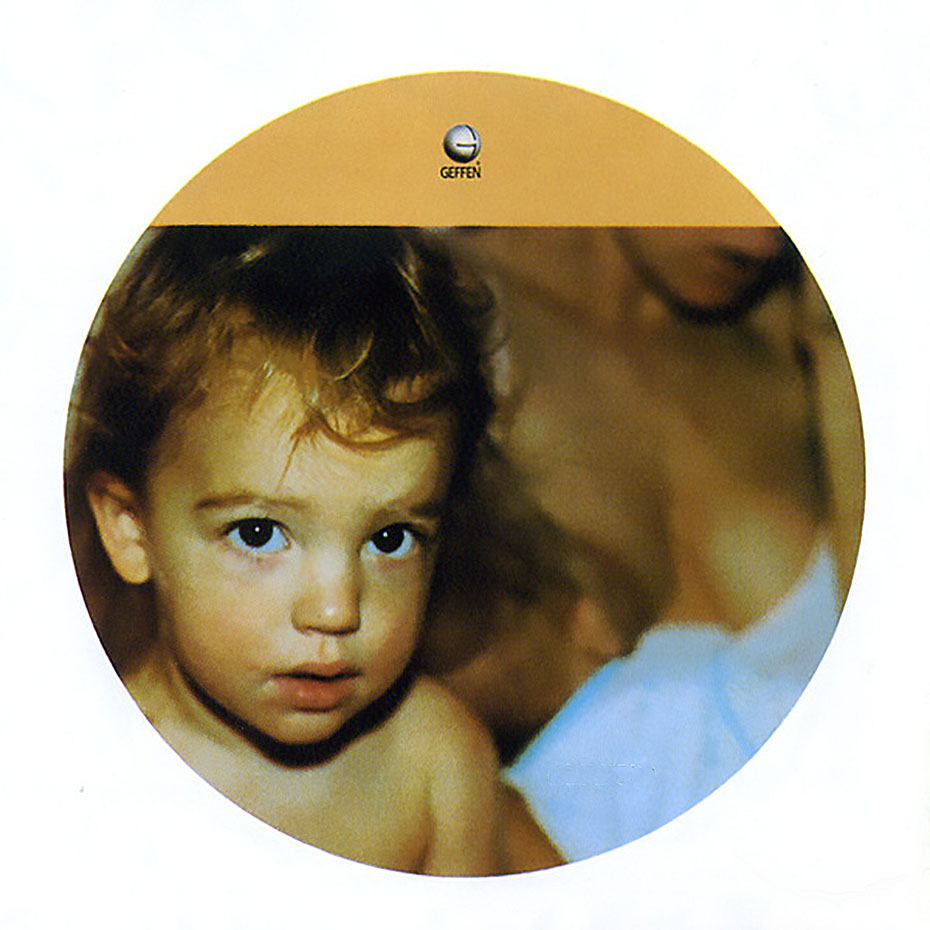
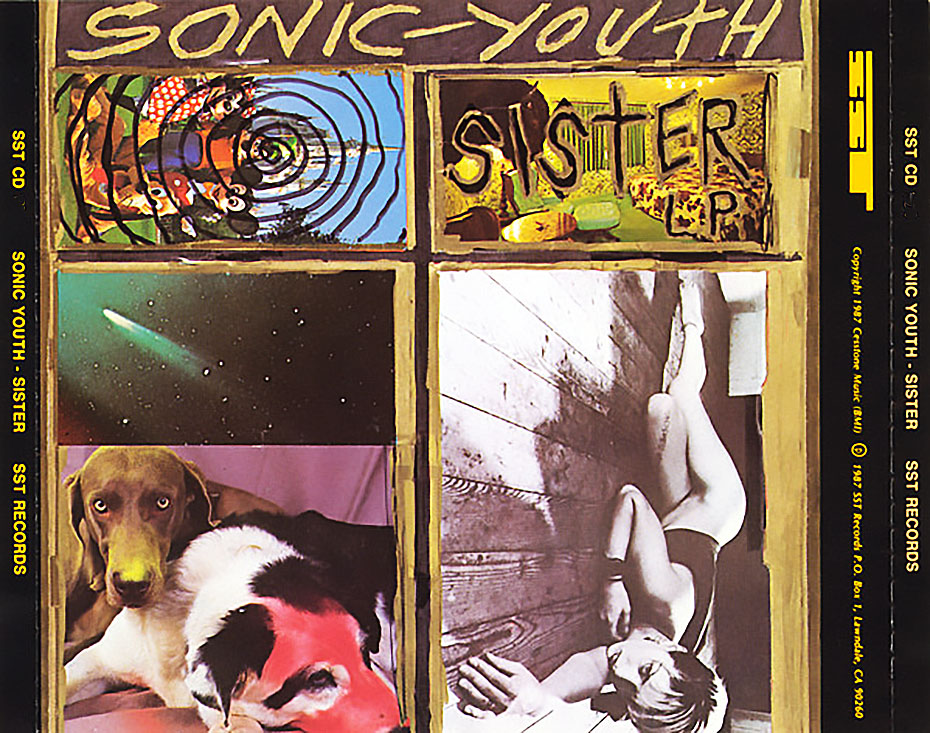
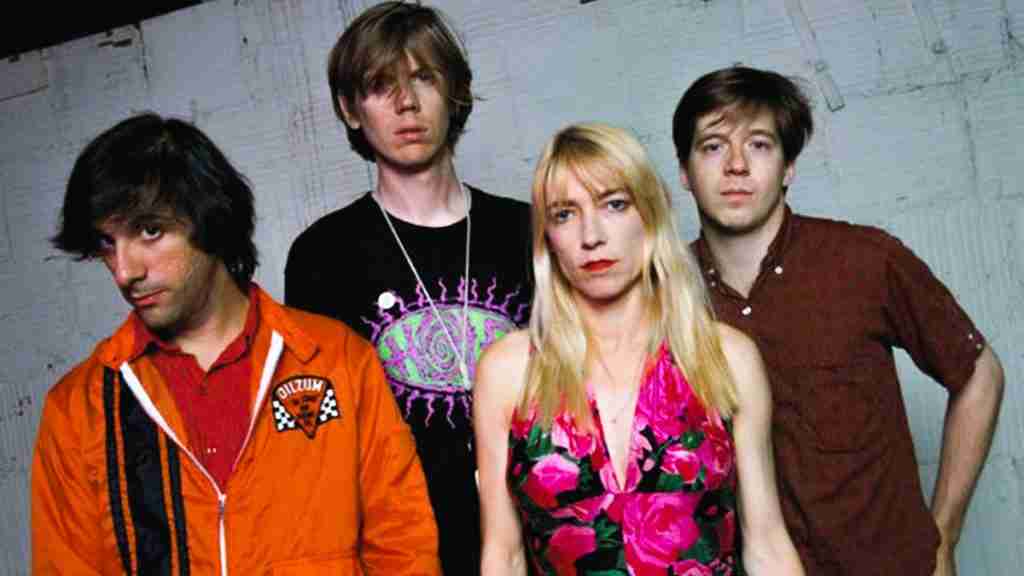
Sonic Youth
Thurston Moore: guitar (tracks 1, 2 and 4–10), vocals, Moog synthesizer (5), bass guitar (3), production
Kim Gordon: bass guitar (tracks 1, 2 and 4–10), vocals, production
Lee Ranaldo: guitar, vocals, production
Steve Shelley: drums, production
Technical
Bill Titus: engineering
Howie Weinberg: mastering
Walter Sear: Moog programming
Lucius Shepard: sleeve illustration
